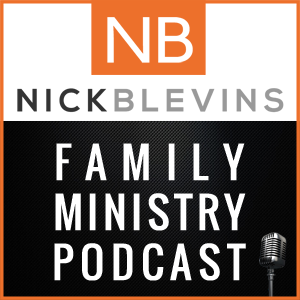Have you ever been confused by the terms mission, vision, strategy, and values?
Join the club.
In the first post in this series, I introduced this topic and wrote about Mission.
In the second post, I wrote about Vision and the role it plays.
In the third post, I wrote about Strategy as the plan to accomplish our mission.
In the last post in this series, we'll talk about Values. Values seemed like a throwaway component years ago and now they're popular again because of their connection with Culture. I've heard it said that culture is “how we do things here”. I would agree. You have probably heard the popular, oft misquoted, hard-to-attribute statement:
“Culture eats strategy for breakfast.”
Usually, it's attributed to Peter Drucker in a speech he gave. I agree with the statement, but you do need all the other components as well. Culture is just the easiest one for people to experience. Therefore, it's more important simply because they'll catch that first.
Values
Values can be the greatest tool we have in creating culture. Ultimately, people create the culture. It's similar to how you think about another country, nation or tribe of people. When you describe the culture, you're mostly describing the people – their communication, their behaviors, their practices, their customs, etc.
If people create the culture, values are a great way to help people understand the culture you want to create. It gives you language to use as you steer everyone in the same direction. Again, the language in another country goes a long way toward creating the culture you experience there. You may have heard the phrase “words create worlds”.
What question does strategy answer?
Values answer the question – Who do we want to be?
Mission defines our purpose, as in why we exist. Vision describes where we are headed. Strategy lays out the plan for how we'll get there. Values describe who we want to be as we pursue everything else.
In the road trip analogy, values are guardrails
Our mission tells us why we're on the journey in the first place. Our vision points to a destination on the map. Strategy plots the route from where we are to where we want to be. Values define the guardrails for us. The determine the boundaries of where we'll go on our way to our destination.
They clearly divide the path we want to be on and the places we don't want to go. Just like driving over a guardrail causes big problems, violating our own values can do the same.
What should values look like?
Values should describe who you want to be. Don't feel obligated to include things every church should value (the Bible, prayer, etc.) Some churches have 5 values, others have 12. I used to think 12 was too many, and still lean that way, but I've seen it work well in a couple churches linked below. Here are some values from four churches I think did a good job creating them:
How does this relate to Family Ministry?
Similar to everything else I've said, I think a family ministry could lean on the church-wide values or create a set of their own. The key, in my mind, is having a good plan for communicating them regularly. Those churches that have 12 do a good job of communicating one a month everywhere they can.
Action Step
Read The Advantage by Patrick Lencioni.
Read this post by Tony Morgan about Church Values vs Team Values.
Get this free PDF from Tony to discuss and evaluate your values.
Come up with a plan for how you'll communicate your finalized values regularly.






